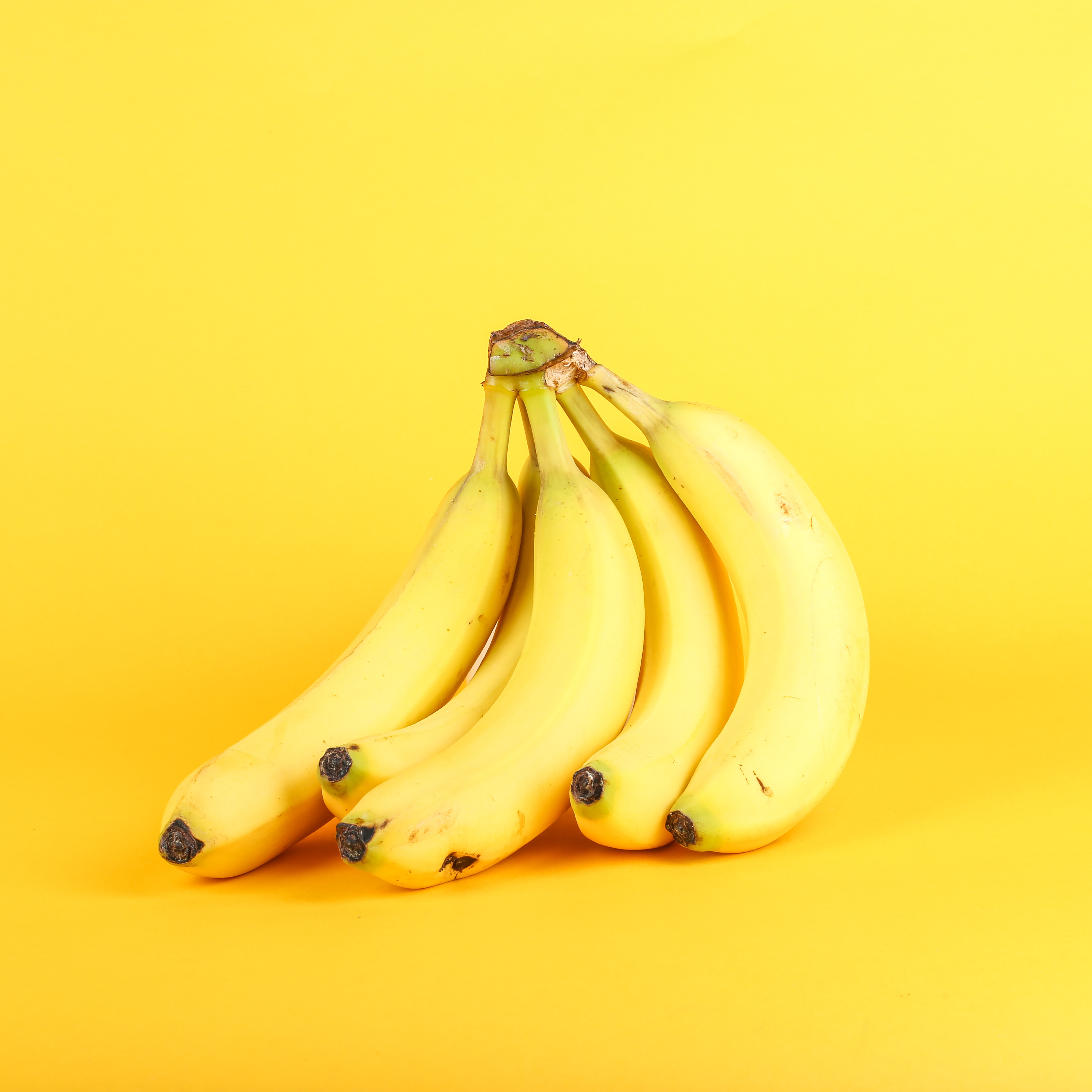Farmers in southern Asia were the first to banana. Archaeological evidence attests banana cultivation 8,000 years ago in Papua New Guinea. From here, the banana arrived in Africa, from where its name originates. The name comes from a West African dialect and has penetrated English into Spanish or Portuguese. In Europe, came through the Iberian merchants in the Middle Ages, Granada bananas being known as the best in the Arab world.
Currently, this fruit is grown in 130 tropical countries and ranks fourth in the world’s most consumed food after rice, wheat and corn.
There are several varieties: wild banana, red banana, pink, Plantain, Cavendish (the most widespread variety).
What nutrients contain?
Banana is an important source of iron and potassium (essential for good functioning of the cardiovascular system), vitamin B6 (responsible for good mental processes and mood regulation), vitamin C (immunostimulatory).
When can I put the banana into my baby’s diet?
Pediatric views are very divided. Variants for the age the child can eat banana are: 6 months, 8 months, 1 year and even 2 years. Here’s the subject of controversy!
It can cause allergies due to a protein called chitinase. However, cases of this kind of allergy are very rare. Many people who claim to be allergic suffer from intolerance (people with a more sensitive digestive system can not digest certain ammonia derivatives present in the fruit).
People allergic to this fruit, usually have allergies to avocados, latex or birch pollen.
Our advice is to consult your pediatrician before putting your banana into your child’s diet and consider the 4-day rule.
What benefits does the banana bring to the body?
– is digest very easily and is among the few raw foods that a person with severe digestive disorders can consume;
– because of its high iron content, banana stimulates the production of hemoglobin, thus helping to treat anemia;
– due to fiber content, regulates intestinal transit, effectively treats constipation and diarrhea;
– the large amount of potassium contained helps to regulate blood pressure, stimulates memory and increases the concentration;
Vitamin B helps the nervous system. It is recommended to regularly consume for stressed people or those suffering from depression.
How do I choose and how do I keep bananas?
These fruits are picked from unripe trees to withstand transport conditions. If you buy them green, you can let them ripen at room temperature, and in order to speed up this process, you can pack them in a paper bag.
Unripe bananas should not be kept in the refrigerator, as this will permanently disrupt the baking process.
No matter what color have when buying them, they must be firm to the touch, with a glossy, smooth bark.
Ripped bananas can be stored for several days in a refrigerator or freezer for 2 months. You can freeze them and peeled in a plastic bag or puree.
To take advantage of all the nutritional properties and the special flavor of this fruit, consume it at room temperature and when it is completely ripe.
How is it prepared?
Banana has a lot of uses in international cuisine. Of course, it is best to eat it raw, as such, or in fruit salads.
There are a lot of specialties, from desserts (banana split) to main dishes (risotto tropical, grilled banana) and bread.
Sources:
http://en.wikipedia.org/wiki/Banana
http://www.whfoods.com/genpage.php?tname=foodspice&dbid=7
http://www.instah.com/allergies/banana-allergy-symptoms-and-treatment/
http://www.healthaholicz.com/2011/07/09/banana-allergy-symtoms-and-cures/
Photo by Giorgio Trovato on Unsplash
